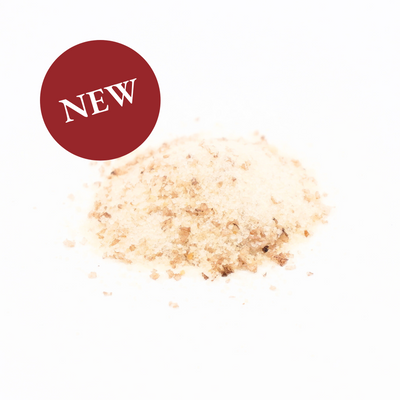EVOO and Cancer Research
There are many factors that can contribute to an individual’s risk of developing cancer, and they are broadly grouped as non-modifiable and modifiable risk factors. Non-modifiable factors are ones you can’t change, like your genetics and family history, age, and ethnicity. Modifiable risk factors are things like smoking cigarettes and inhaling secondhand smoke, physical inactivity, and diets high in red meat and low in fibre.
Fundamentally, cancer is the disease caused by uncontrolled cell division, due to an accumulation of mutations in your DNA. The biggest risk factor for developing cancer is aging, as humans normally accumulate genetic mutations over time. Thus, as human life expectancy is increasing, the global incidence of cancer is increasing as well. However, there are also advancements being made in cancer screening and treatment avenues, as more is being discovered about how this disease operates.
There are many other factors that can contribute to increased cancer risk, so there are certain lifestyle and diet changes that can be made which may contribute to a lower risk of cancer development. In terms of diet, one “superfood” being researched is olive oil, specifically, extra virgin olive oil (EVOO), as it has a unique fatty acid profile and a host of antioxidants that impart some incredible health benefits and potential anti-cancer capabilities.
Recent research has demonstrated that some of the bioactive compounds, or antioxidants, in EVOO may suppress certain cancer-promoting genes, which in turn helps inhibit cancer development for certain cancer types.*
Oleic acid is being increasingly studied as a contributor to lower incidence of cancer in Mediterranean populations. Recall that oleic acid is the dominant fatty acid in EVOO, typically representing over 65% of its fatty acid profile. It is a monounsaturated fatty acid that is proven to help lower bad cholesterol and reduce the risk of heart disease. We are now learning the role oleic acid may play in cancer prevention, as it is hypothesized to be involved in the pathways that inhibit cell division, which would help slow or stop the development of certain cancers.**
Research shows that EVOO is a suggested fat with which to supplement your diet help reduce risk of some of the factors that may be involved in the pathways leading to certain cancers.
* Notarnicola, M., Pisanti, S., Tutino, V., Bocale, D., Rotelli, M. T., Gentile, A., Memeo, V., Bifulco, M., Perri, E., & Caruso, M. G. (2011). Effects of olive oil polyphenols on fatty acid synthase gene expression and activity in human colorectal cancer cells. Genes & nutrition, 6(1), 63–69.
** Carrillo Pérez, Celia, María del Mar Cavia Camarero, and Sara Alonso de la Torre. "Antitumor effect of oleic acid; mechanisms of action. A review." Nutrición Hospitalaria, 2012, v. 27, n. 6 (Noviembre-Diciembre), p. 1860-1865 (2012).




Hi @Angie, thank you for your question! Both of those are important qualities to look for in an extra virgin olive oil: oleic acid percentage and biophenol content. If you enjoy the more pungent and sometimes peppery taste that comes along with a robust olive oil, that is usually the “healthiest” choice in that regard, as all of Evoolution’s EVOOs have very high oleic acid percentages. Ultimately, the best way to consume EVOO is in the way you find easiest and tastiest. Whether that is in a salad at lunch time or as a simple spoonful in the morning, finding where it fits into your diet is the first step!
Thank you for this very interesting video.
I have a couple of questions :
-In this case should I pick an extra virgin olive oil with the higher oleic acid ? What about the biophenols content, is it still important?
I heard about the table spoon of extra virgin olive oil in the morning, does it really matter if I take a spoon in the morning or if I just put the oil on my salad at lunch time?
Thank you
Leave a comment